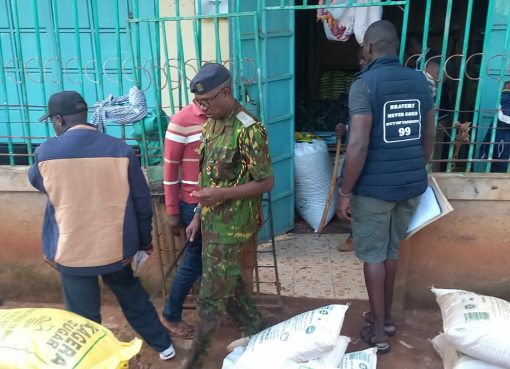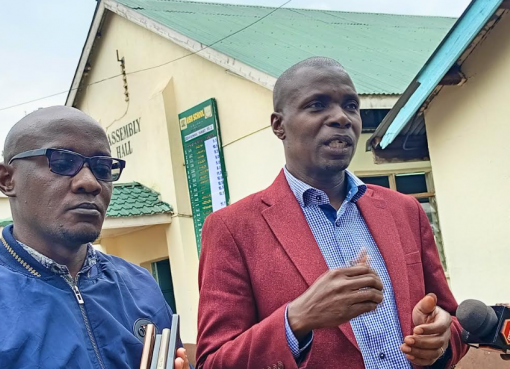The government has attributed delays in compensation of victims of wildlife attacks to effects of COVID-19 global pandemic.
State department of Wildlife and Tourism Principal Secretary (PS) Prof Fred Segor pleaded to families of victims to be a bit patient saying they are working on modalities to resume the compensation process in the next two months.
Prof Segor who was speaking on Wednesday at Maji Mazuri forest in Baringo county during a tree planting exercise stated that all compensations up to end of May 2017 backwards had already been worked on and those that are pending for compensation are incidents that occurred between June 2017 to date.
“We would have started on April 2020 to review the pending applications by families of persons killed by wild animals and those injured but because of health advisories resulting from COVID-19 that banned meetings and restricted movement of people across the country, the whole exercise was paralysed, ” he said.

The PS asked new victims of wildlife attacks not to lose hope over compensation saying they should report immediately all the cases to nearby police stations and Kenya Wildlife Service offices so that they are factored in during the compensation exercise to be effected in the course of the year.
Prof Segor who was flanked by Baringo leaders led by County Commissioner Henry Wafula noted that the ministry is currently working on modalities of slotting in money for the compensation scheme of victims of wild animals’ attacks that had been pending since June 2017 to date.
“I am urging people to present their claims to the compensation committee within their counties chaired by county commissioners. The committee shall vet the individual reports before making an onward transmission to the headquarters for a determination over the compensation,” said the PS.
Prof Segor expressed regrets that human wildlife conflicts besides being a great challenge to his ministry was also fueling poverty among communities living in corridors of wild animals who experience crop destruction.
Meanwhile, during the event Prof Segor who led members of the public in planting more than 500 trees at Maji Mazuri forest stated that the government targets to plant 1, 200 trees at the natural resource in a three day period.
The PS congratulated people of Baringo county for their afforestation efforts saying the county which has a 5.6 percent tree cover is the third in Kenya after Nyeri and Elgeyo Marakwet counties.
“Trees are source of life and they help conserve the environment especially our water towers. Water will be plenty if we conserve the environment. Water is life,” said the PS.
Prof Segor encouraged residents of Baringo county to plant more trees keeping in mind that most of the land mass of the county lies in arid and semi-arid areas hence tree planting should be done continuously so as to avoid desertification.
By Vincent Miningwo and Christopher Kiprop





